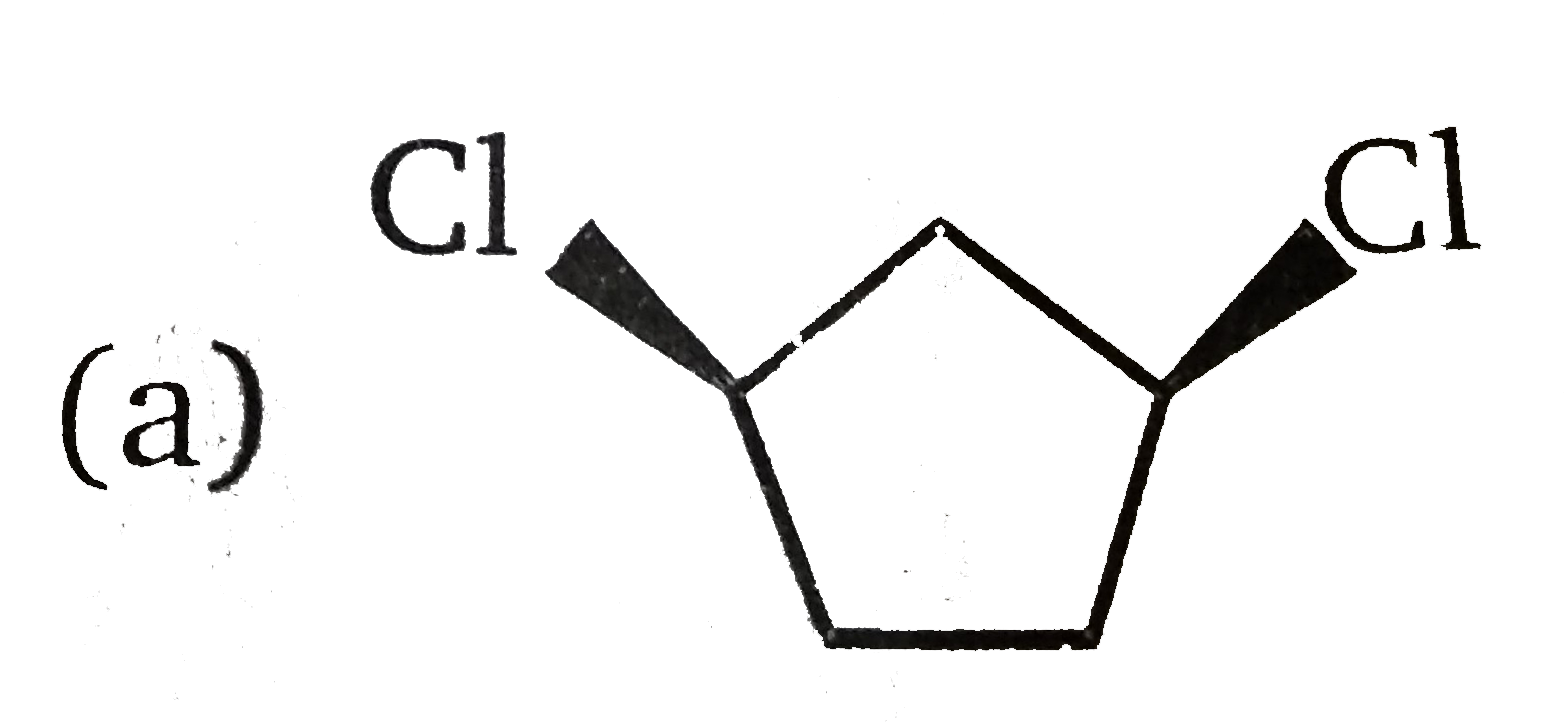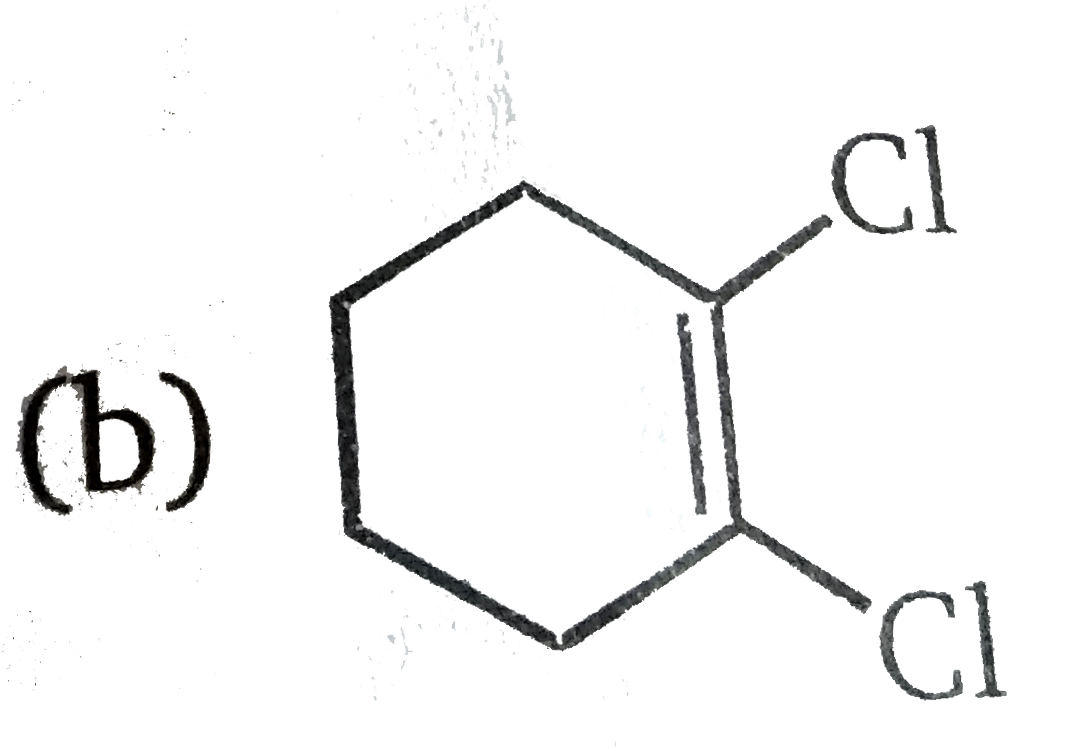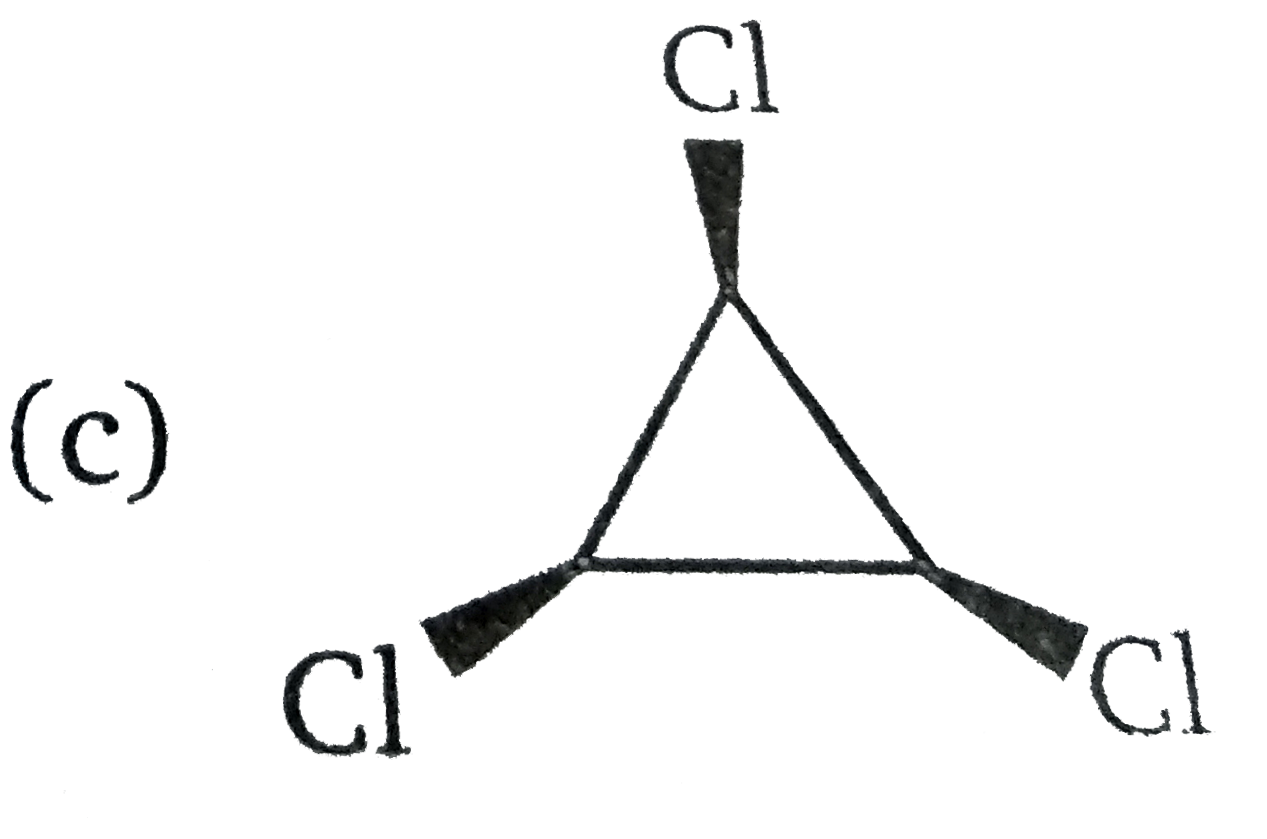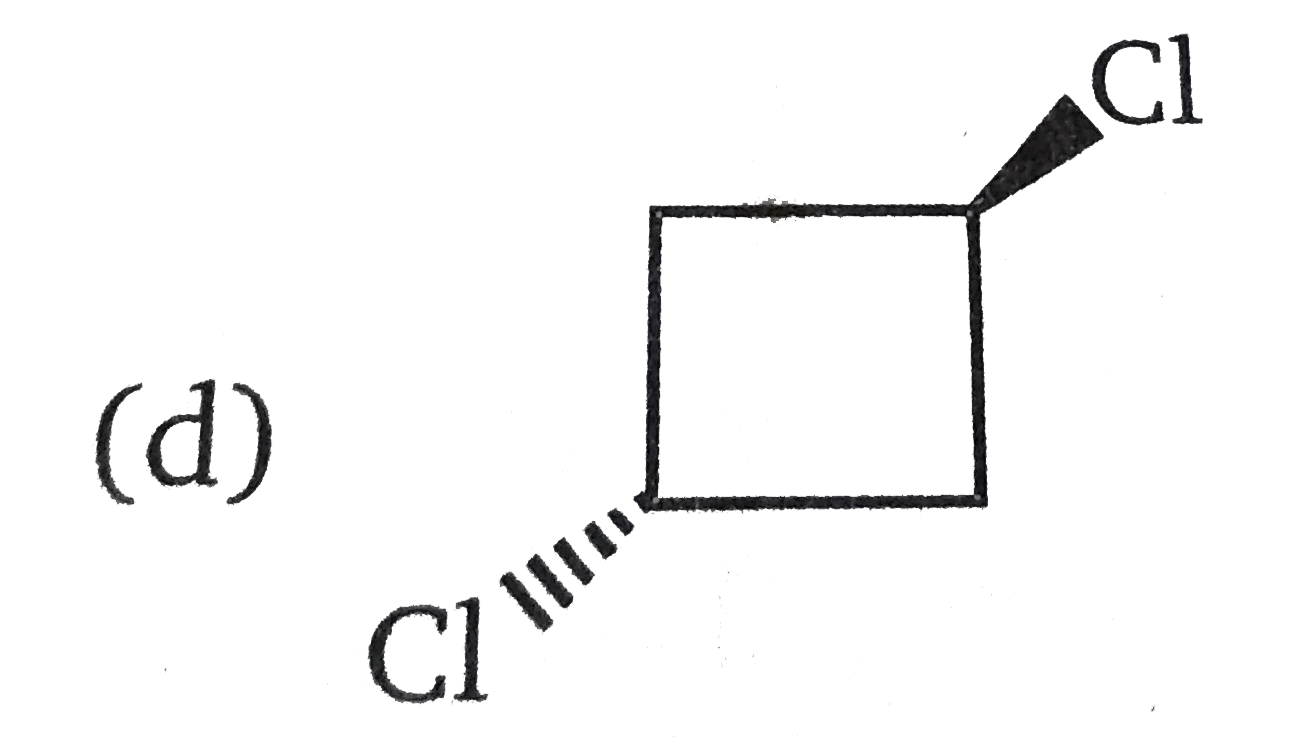Which of the following compound has least dipole moment ?
PH3
CHCl3
NH3
BF3
The correct Answer is:D
To determine which compound has the least dipole moment among the given options, we will analyze the molecular structures and electronegativities of each compound.
1. Identify the Compounds:
We need to analyze the dipole moments of the following compounds: PH3, CHCl3, NH3, and BF3.
2. Analyze PH3 (Phosphine):
- Phosphorus (P) has 5 valence electrons, and each Hydrogen (H) has 1 valence electron.
- In PH3, there are 3 P-H bonds and 1 lone pair on phosphorus.
- The bond angle is approximately 93 degrees.
- The electronegativity of H is 2.2 and P is 2.19, making the P-H bond nearly non-polar.
- The dipole moment of PH3 is approximately 0.58 D.
3. Analyze CHCl3 (Chloroform):
- Carbon (C) has 4 valence electrons, and Chlorine (Cl) has 7 valence electrons.
- In CHCl3, there are 3 C-Cl bonds and 1 C-H bond, with no lone pairs.
- The molecule has a tetrahedral shape.
- The electronegativities are C (2.5), H (2.2), and Cl (3.0).
- The dipole moments from C to Cl are significant, leading to a net dipole moment of approximately 1.15 D.
4. Analyze NH3 (Ammonia):
- Nitrogen (N) has 5 valence electrons, and each H has 1 valence electron.
- In NH3, there are 3 N-H bonds and 1 lone pair on nitrogen.
- The shape is trigonal pyramidal due to the lone pair.
- The electronegativities are N (3.0) and H (2.2).
- The dipole moment of NH3 is approximately 1.46 D.
5. Analyze BF3 (Boron Trifluoride):
- Boron (B) has 3 valence electrons, and each F has 7 valence electrons.
- In BF3, there are 3 B-F bonds and no lone pairs.
- The shape is trigonal planar.
- The electronegativity of B is 2.0 and F is 4.0.
- The dipole moments from B to F are significant, but since the molecule is symmetrical, the net dipole moment is 0 D.
6. Compare the Dipole Moments:
- PH3: 0.58 D
- CHCl3: 1.15 D
- NH3: 1.46 D
- BF3: 0 D
7. Conclusion:
The compound with the least dipole moment is BF3, as it has a net dipole moment of 0 D due to its symmetrical structure.
We need to analyze the dipole moments of the following compounds: PH3, CHCl3, NH3, and BF3.
- Phosphorus (P) has 5 valence electrons, and each Hydrogen (H) has 1 valence electron.
- In PH3, there are 3 P-H bonds and 1 lone pair on phosphorus.
- The bond angle is approximately 93 degrees.
- The electronegativity of H is 2.2 and P is 2.19, making the P-H bond nearly non-polar.
- The dipole moment of PH3 is approximately 0.58 D.
- Carbon (C) has 4 valence electrons, and Chlorine (Cl) has 7 valence electrons.
- In CHCl3, there are 3 C-Cl bonds and 1 C-H bond, with no lone pairs.
- The molecule has a tetrahedral shape.
- The electronegativities are C (2.5), H (2.2), and Cl (3.0).
- The dipole moments from C to Cl are significant, leading to a net dipole moment of approximately 1.15 D.
- Nitrogen (N) has 5 valence electrons, and each H has 1 valence electron.
- In NH3, there are 3 N-H bonds and 1 lone pair on nitrogen.
- The shape is trigonal pyramidal due to the lone pair.
- The electronegativities are N (3.0) and H (2.2).
- The dipole moment of NH3 is approximately 1.46 D.
- Boron (B) has 3 valence electrons, and each F has 7 valence electrons.
- In BF3, there are 3 B-F bonds and no lone pairs.
- The shape is trigonal planar.
- The electronegativity of B is 2.0 and F is 4.0.
- The dipole moments from B to F are significant, but since the molecule is symmetrical, the net dipole moment is 0 D.
- PH3: 0.58 D
- CHCl3: 1.15 D
- NH3: 1.46 D
- BF3: 0 D
The compound with the least dipole moment is BF3, as it has a net dipole moment of 0 D due to its symmetrical structure.
Similar Questions
Knowledge Check
Which of the following compound has zero dipole moment?
A1,1-Dichloro ethyleneBCis-1,2-dichoroethyleneCTrans-1,2-dichoroethyleneDBoth 2 and 3Which of the following compound has the lowest dipole moment
A BCH3C≡CCH3CCH3CH2c≡CHDCH2=CH−C≡CH
BCH3C≡CCH3CCH3CH2c≡CHDCH2=CH−C≡CHWhich of the following compounds has a zero dipole moment ?
A B
B C
C D
D
Which of the following compounds have zero dipole moment ?
View SolutionWhich of the following compound has non-zero dipole moment
View SolutionWhich of the following compounds has the largest dipole moment ?
View SolutionWhich of the following compounds has dipole moment approximately equal to that of chlorobenzene?
View SolutionWhich of the following compounds has dipole moment approximately equal to that of chlorobenzene?
View Solution
